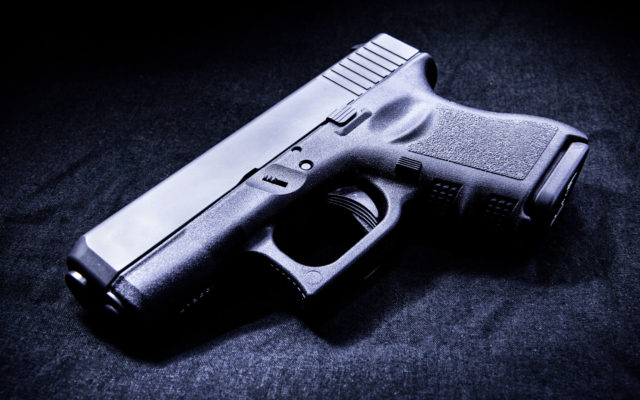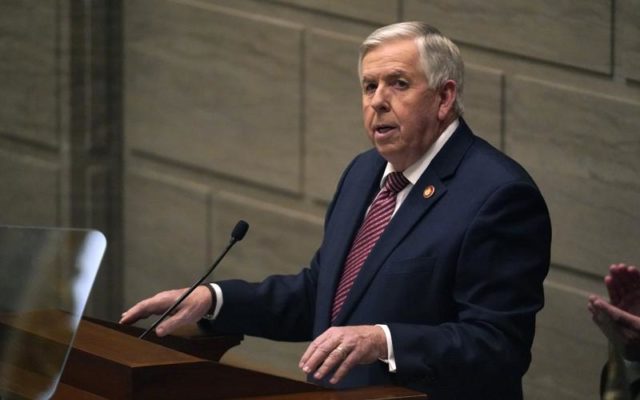Public Hearing for Bill to Require New Financial Checks for Government Assistance

(Radio Iowa) Members of the public have debated a proposal to require more frequent income checks and a new asset test for Iowans receiving food stamps or health care coverage through Medicaid. Andres Reyes, the senior pastor of the First Baptist Church, spoke in favor of the bill during a public hearing at the Iowa Capitol.
“I believe that all people are made in the image of God and so all people have value, but that value is only realized by working for what they have,” Reyes says. “One of the greatest problems in America today is depression. The number one reason is because people do not work as hard as other generations. The only way to cure the problem is to hold others accountable for working for what they have. This bill does just that.” Valerie Petersen, associate executive director of the Foodbank of Siouxland in Sioux City, says these changes will push vulnerable Iowans farther into poverty.
“These are grandparents that are now choosing between medication and food. They’re hardworking laborers that are laid off during the winter. They’re single moms that work multiple jobs and then have to make the choice between feeding themselves and their children,” she said. “They’re kids that have no say in or ability to contribute to their family’s finances.” Darla Chappell of St. Donatus – a small town near the Illinois border, says she used to work in a bank and saw people getting government assistance from more than one state.
“Please vote yes on this bill to ensure our money goes where needed and not into the pockets of liars, cheaters and frauds,” she said. Carlyn Crowe of the Iowa Developmental Disabilities Council says many Iowans with disabilities will lose Medicaid coverage because of the asset test for the entire household.
“Should parents of a daughter who can’t walk have to sell their second car so their daughter can get a wheelchair or her sibling’s savings account be limited because she’s on Medicaid?” Crowe asked. The bill passed the Senate two weeks ago with the support of all 34 Republicans and opposition from all 16 Democrats. It cleared a House Committee last week and is eligible for debate in the full House.



